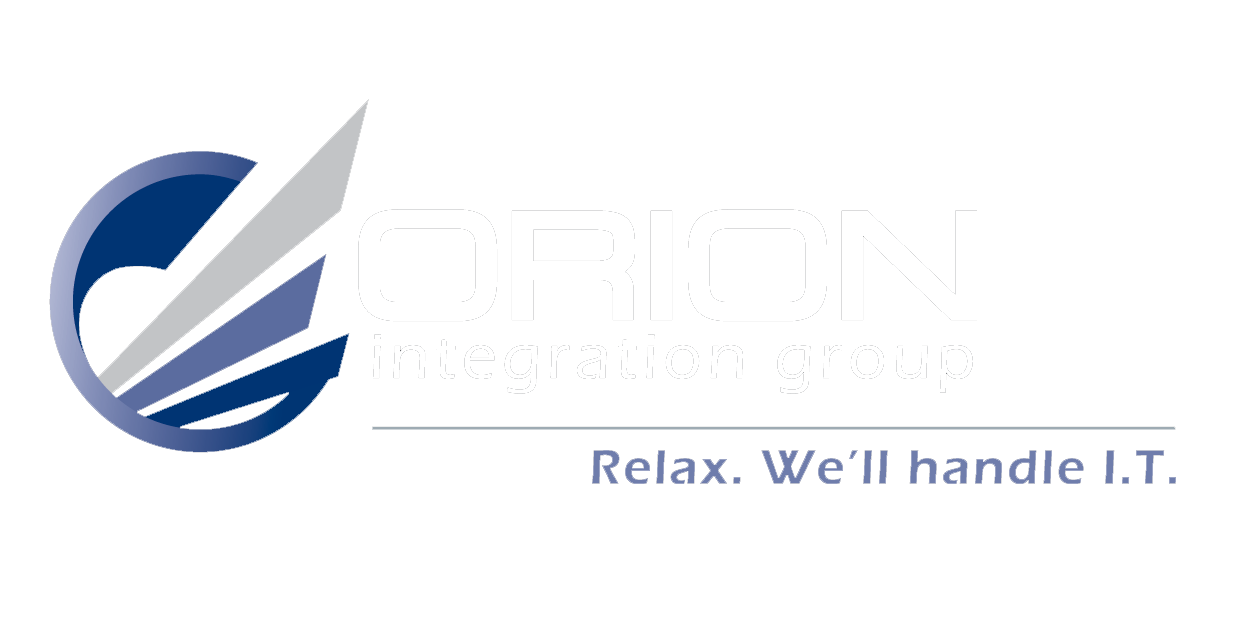Cloud Backups: The Anchor in Your Data Recovery Strategy
In today's fast-paced business environment, data has become the lifeblood of operations. Companies across Southwest Idaho and beyond rely heavily on digital information to drive their daily activities, making the protection and recovery of this data a top priority. As data volumes grow, so do the risks associated with data loss, which can have severe financial repercussions and tarnish a company's reputation.
Understanding Cloud Backup Services
Data loss can result from various causes, including hardware failures, cyber-attacks, human errors, and natural disasters. The consequences of such incidents are often dire, leading to operational downtime, lost revenue, and damaged customer trust. This is where data recovery strategies come into play, offering businesses a safety net to bounce back from unexpected data loss events. A key component of these strategies is cloud backups, which have become an essential part of modern data recovery plans.
Cloud backups represent a significant shift from traditional data protection methods, providing businesses with a more flexible and scalable solution. Unlike traditional backups, which often require physical storage media, cloud backups store data on remote servers accessible via the Internet. This approach offers several advantages, including enhanced data accessibility and reduced reliance on physical infrastructure.
There are various types of cloud backup services available to suit different business needs. Full backups involve copying all data to the cloud, while incremental backups only upload changes made since the last backup. Differential backups capture all changes made since the last full backup, and mirror backups provide an exact copy of data in real time. Businesses can choose from public, private, and hybrid cloud solutions, each offering different levels of control and security. Selecting a reliable cloud service provider is crucial, as they play a vital role in ensuring data integrity and availability. For more detailed information on cloud backup types, you can refer to
TechTarget's resource.
Advantages of Remote Cloud Backups
One of the most significant benefits of cloud backups is their accessibility. Businesses can recover data from any location, which is particularly advantageous for companies operating across multiple sites or supporting remote work environments. This flexibility ensures that operations can continue smoothly, even in the face of localized disruptions.
Cloud solutions also offer cost-effectiveness by eliminating the need for maintaining on-site backup infrastructure. Businesses can scale their storage needs up or down as required, avoiding the costs associated with purchasing and maintaining additional hardware. Cloud backups often come with built-in security features such as encryption and multi-factor authentication, helping to protect sensitive information from unauthorized access.
For companies in regulated industries, cloud backups can aid in compliance with data protection regulations like GDPR or HIPAA. By leveraging cloud services, businesses can ensure that their data management practices meet legal requirements, thus avoiding potential fines and legal complications.
Implementing a Robust Cloud Backup Strategy
Developing a comprehensive cloud backup strategy involves several key steps. First, businesses must assess their specific needs and select appropriate backup services that align with their operational requirements. Setting a regular backup schedule and defining a retention policy is also critical to ensure data is consistently protected and available when needed.
Regular testing and updating of backup systems are essential to maintain their reliability. This includes verifying that backups are complete and can be restored without issues. Employee training plays a crucial role in maintaining effective data recovery protocols, as staff need to understand how to access and manage backup systems properly.
Integrating cloud backups into existing IT infrastructure can streamline operations and enhance data protection. By following best practices, businesses can optimize their backup processes and reduce the risk of data loss.
Overcoming Challenges in Cloud Backup Implementation
While cloud backups offer numerous benefits, businesses may encounter challenges during implementation. Bandwidth limitations and data transfer speeds can affect the efficiency of backup processes, especially for organizations with large data volumes. Addressing these issues may require investing in improved network infrastructure or selecting cloud providers with optimized data transfer capabilities.
Security concerns are another potential hurdle. Protecting data in the cloud requires robust security measures, including encryption and regular security audits. Managing hybrid backup environments that combine on-premises and cloud solutions can also be complex, necessitating careful planning and coordination.
Ensuring data integrity and availability in cloud storage is vital for maintaining business continuity. Strategies such as redundancy, regular data verification, and leveraging multiple cloud regions can help mitigate risks. Insights from industry experts and case studies can provide valuable guidance on overcoming these challenges and optimizing cloud backup implementations.
Emerging Technologies and Trends in Cloud Backups
As technology continues to evolve, several emerging trends are shaping the future of cloud backups. Artificial intelligence (AI) and machine learning are increasingly being integrated into backup solutions, enabling predictive analytics and automated processes. These technologies can help businesses identify potential data loss threats before they occur and streamline backup operations.
Another trend is the growing importance of edge computing in data backup strategies. As more devices generate data at the edge of networks, businesses are exploring ways to incorporate edge computing into their cloud backup solutions. This approach can reduce latency and improve data processing efficiency, offering a more responsive data protection strategy.
The rise of multi-cloud strategies is influencing how businesses approach cloud backups. By utilizing multiple cloud service providers, companies can enhance redundancy and resilience, ensuring that their data remains accessible even if one provider experiences downtime. This trend highlights the need for businesses to remain agile and adaptable in their cloud backup strategies.
The Future of Cloud Backups in Data Recovery
The landscape of cloud backups is continuously evolving, with emerging trends shaping the future of data recovery. AI-driven data management and automation are becoming increasingly prominent, offering businesses new ways to optimize their backup processes and improve efficiency. As cloud backups become integral to disaster recovery and business continuity planning, their role in ensuring operational resilience is set to grow.
The integration of cloud solutions with other IT services is becoming more important for a holistic approach to data management. Companies in Southwest Idaho, like those served by Orion Integration Group, stand to benefit from these advancements by adopting cutting-edge technologies to enhance their data protection strategies.
Regulatory changes may also impact cloud backup strategies, as businesses must stay informed about evolving compliance requirements. By keeping abreast of these developments, organizations can adapt their data management practices to remain compliant and competitive in the market.
Cloud backups are a pivotal element of modern data recovery strategies, offering businesses a flexible, scalable, and secure solution to protect their valuable digital assets. As technology continues to advance, companies must remain proactive in adopting innovative backup solutions to safeguard their operations and ensure long-term success. By leveraging the latest trends and technologies, businesses can enhance their data recovery capabilities and maintain a competitive edge in an ever-evolving digital landscape.
For expert guidance on implementing robust cloud backup strategies tailored to your business needs,
contact Orion Integration Group today. Our team is dedicated to helping companies in Southwest Idaho and beyond protect their data and ensure business continuity.




